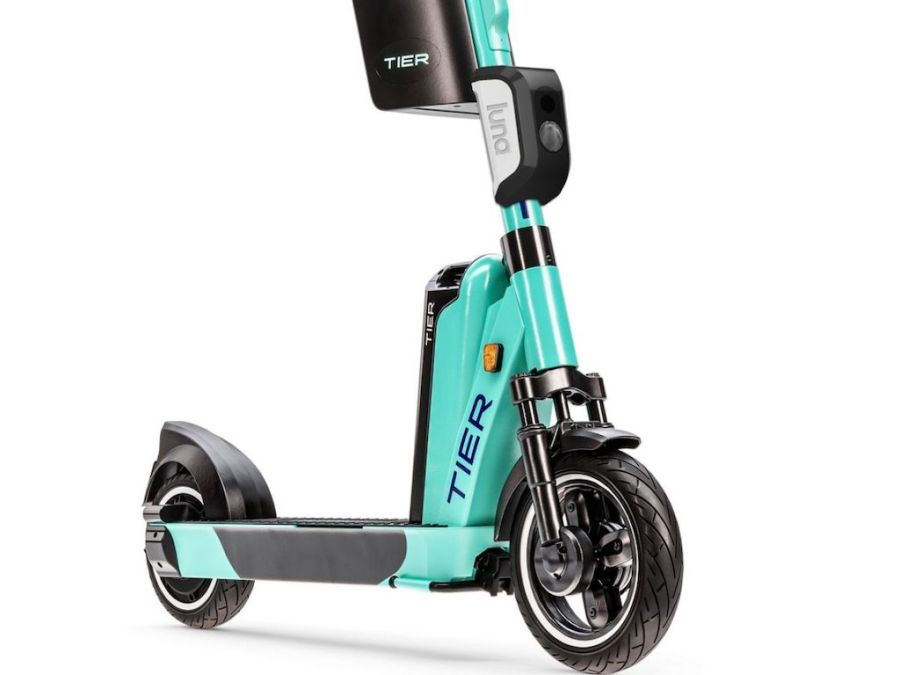Irish micromobility tech platform Luna is to partner with European e-scooter operator Tier to explore the use of computer vision to capture accurate and up to date mapping and geospatial data.
Luna’s vision and AI technology will identify, for instance, if an e-scooter is operating in a heavily pedestrianised area and modify its drive settings to react appropriately to its environment. It also equips e-scooters to detect the kind of lane or surface they are riding on, again modifying the vehicle’s response.
But beyond this, Luna is developing a series of algorithms and analytics tools that will allow scooter operators and cities to gain new insights into how the urban realm is performing.
In an early application Tier and Luna are exploring the possibility of trialling the approach in Paris, where Tier operates a fleet of 5,000 scooters.
The two companies are also looking at opportunities in the Middle East with “smart city stakeholders” to examine the potential for bespoke computer vision solutions to tackle local issues around safety and infrastructure optimisation. Additional pilot projects are also being explored in Spain
The principle is scooters capture data on a daily basis, compared to traditional condition surveys that might typically take place on an annual basis.
Tier and Luna are also embarking on a technical integration project to examine how the Luna’s computer vision hardware can be built into Tier vehicles at the point of manufacture.
Luna chief executive Andrew Fleury said, “Luna is thrilled to be partnering so closely with Tier across multiple geographies in the EU and Middle East.
“Cities and stakeholders everywhere are looking towards smart technology to help find solutions to some of the operational challenges that are holding the shared scooter industry back from fulfilling its potential.
“Tier is embracing Luna technology, even at this early stage of its evolution, in order to pioneer the future of micromobility, and deliver safe and sustainable services.”
Fleury added the technology would not only “do the basics of looking after rider and pedestrian safety,” but also “look to the future where scooter fleets act as mobile sensor networks in the smart cities of tomorrow.”





